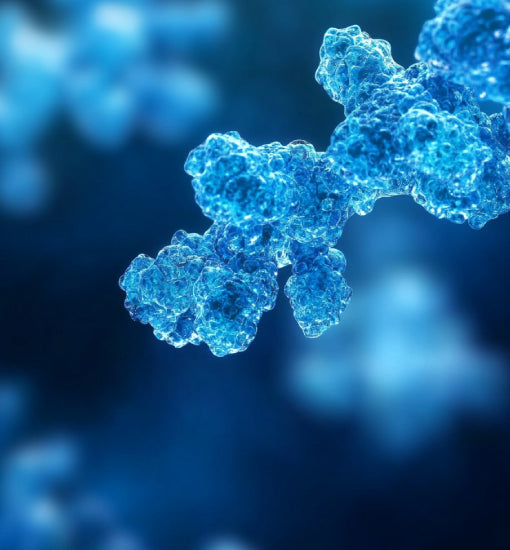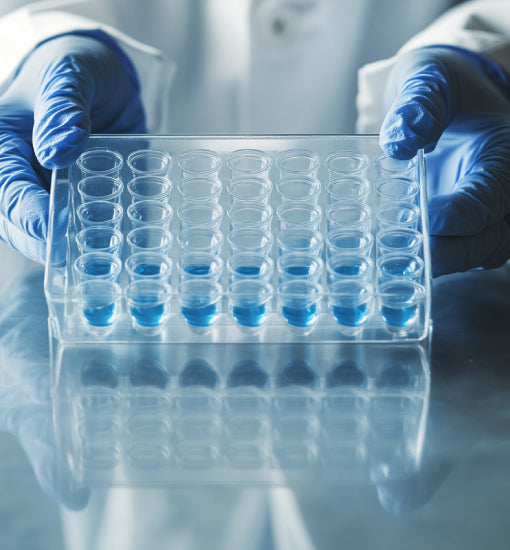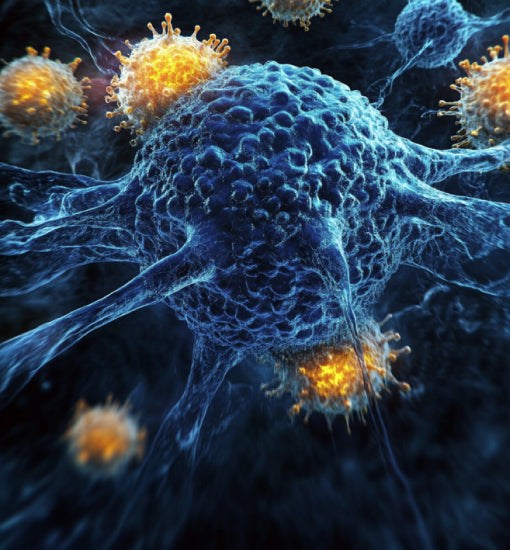Immunology & Immune Therapies
Leveraging the Immune System for Innovative Therapeutics
Immunology studies the immune system, its role in defending against pathogens, and its involvement in diseases. Innovations like antibody engineering, CAR-T cells, and vaccines advance treatments for cancer, autoimmune disorders, and infections. By harnessing immune responses, this field drives transformative therapies and deepens understanding of immune function in health and disease.






